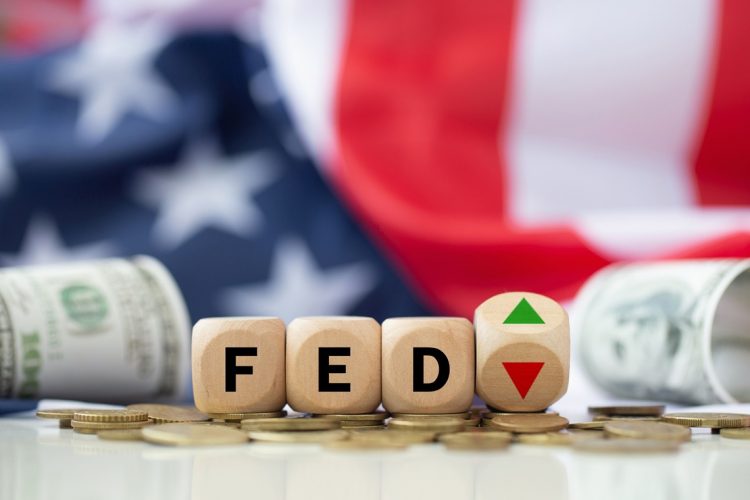After an aggressive half percent cut in September, the Federal Reserve followed through on an expected but more measured quarter percentage point rate reduction Thursday, just days after an historic election outcome that economists say could cause disruption in the housing market in 2025.
The cut to the Fed’s benchmark interest rate brings it to a range of 4.5%-4.75%, a release stated Thursday.
As inflation continues to ease, it’s been expected that more rate cuts would follow suit in 2025, however it remains to be seen how cautious the Fed might be in the wake of Tuesday’s victory by President-elect Donald Trump, who’s proposal for higher tariffs on imports could eventually push consumer prices, and consequently, inflation, higher, economists say. For now Fed Chair Jerome Powell said the economy is solid and the Fed is on track to meet its lower inflation target.
“The economy is strong overall and we continue to make significant progress toward our goals over the past two years,” Powell said. “The labor market has cooled from its formerly overheated state and remains solid. Inflation has eased substantially from a peak of 7 percent to 2.1 percent as of September. We are committed to maintaining our economy’s strength by supporting maximum employment and returning inflation to our 2 percent goal.”
When asked if he could rule out an interest rate increase next year, Powell responded, “That’s certainly not our plan. Our baseline expectation is that we’ll continue to move gradually down toward neutral; that our economy will continue to grow at a healthy clip and the labor market will remain strong. That is our baseline forecast and short of some exogenous event, that will continue to be our forecast for the foreseeable future.”
While markets, businesses, and consumers are adapting to the implications of the Presidential and other election results, the Fed as an independent apolitical institution, kept its focus on monetary policy and, as expected, did not comment on the implications of the election in its statement.
However when asked by a reporter if he would resign if Trump asked him to step down from his post as Fed Chair, he replied simply, “No,” without further elaboration.
Industry reactions were mixed following the Fed’s announcement.
“The election of Donald Trump and a Republican-controlled Congress could put some of those measured cuts in jeopardy,” said Lisa Sturtevant, Bright MLS chief economist. “Trump’s proposed policies related to tariffs, immigration, and taxes have the possibility of reversing progress on inflation. The Trump campaign’s fiscal policy program is also likely to vastly expand the Federal deficit.”
As a result, forecasts of how far mortgage rates will fall at the end of 2024 and into 2025 are shifting, she says, but adding that mortgage rates will likely continue to come down next year, assuming no major inflationary pressures, though “it is possible to see the average rate on a 30-year fixed rate mortgage remain above 6% through most of 2025,” Sturtevant said.
Realtor.com Chief Economist Danielle Hale commented, “Economic growth in the form of job gains and wage increases means additional buying power for homeowners, but the higher interest rates that accompany stronger economic growth may continue to be a hurdle for homeowners with low existing mortgage rates contemplating a move. More than 4 in 5 homeowners with a mortgage have an existing rate below 6 percent, a threshold well-below today’s market rate. And while first-time home buyers are unconstrained by the lock-in effect, softer rent growth and still elevated home prices and down payments, mean that getting a foot in the door is no small feat.
She added, “Despite these challenges, Americans remain optimistic about homeownership, and homebuilders are positioned to fill in the gaps, especially if policy makers at the federal, state, and local levels can clear challenges to building.”
To view the full Federal Reserve press conference, click here.












